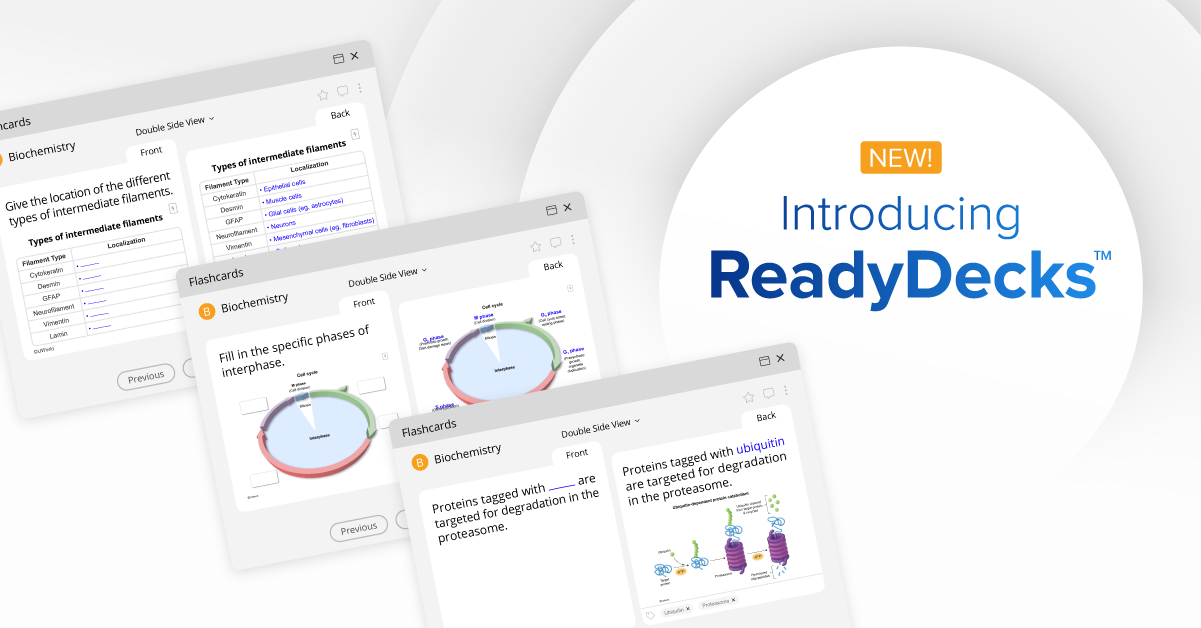By Michelle Chapman
As an M1 and M2, you’re expected to learn a lot, and you’re expected to learn it fast! During those first two years, I spent countless hours memorizing patterns of presenting symptoms, triads, pentads, statistics, trends, and “if-x-then-y” scenarios. I built a strong foundation, but I could tell my knowledge at the time was very one-dimensional. It was textbook knowledge, and there wasn’t yet any flexibility or finesseto my clinical reasoning.
During my M3 year, I was asked to apply this foundational knowledge to the real world, and it wasn’t easy. I found myself trying to force a complicated patient presentation into a textbook answer, and more often than not, I was wrong. There was always some piece of the puzzle I hadn’t considered, some detail that didn’t quite fit the classic story that would send more experienced and astute physicians down an entirely different thought process.
Throughout school, my mentors and teachers often spoke about the “art of medicine.” Before my clinical rotations, that phrase was nothing more to me than a lofty idea that sounded nice. However, as I’ve progressed through my third year and now begin to transition to my fourth and final year of medical school, I am beginning to understand what they meant.
There are classic presentations, of course, but there are countless more presentations with complexities that don’t adhere to a textbook. Some patients present in uncommon ways; some almost fit a classic story with just a single detail that doesn’t quite fit; and some surprise you in multiple ways. It is the physician’s job to apply their knowledge in a multidimensional way, consider all possibilities, and pivot as new data comes forward to figure out what’s going on and how to help.
I used UWorld to study for my shelf exams, and, at first, I thought of the question bank (QBank) as just another study tool that would help me ace my exams, not seeing much of a role for UWorld outside of exam prep. However, UWorld not only turned out to be the best study tool for shelf preparation, it also turned out to be a tool that helped me learn the “art of medicine.”
Mixed in with the classic foundational knowledge questions needed for the exams, the UWorld QBank also featured questions that tested my ability to think outside the box. It offered clinical scenarios with uncommon and subtle presentations as well as presentations that could tip me down one thought process or another depending on whether I was paying attention to the details.
Not to mention the questions that forced me to consider a broader differential diagnosis than I would have at first glance. UWorld was not only solidifying my knowledge base; it was forcing me to practice my “art.” UWorld was preparing me for my shelf exams and real-life clinical practice.
I recognize now that UWorld helped me develop the habits of finding the nuances in the story and exploring them. So my advice to you is this: when something doesn’t quite fit, don’t ignore it. Think about why that lab value might not be what you would expect. Consider why the timeline doesn’t make sense. Broaden your mindset to entertain other pathologies that might cause those things either separately or in tandem with the primary pathology.
The name of the game here is practice – practice your art. You will practice in the hospital while on your rotations, and with UWorld, you can also practice at home!




